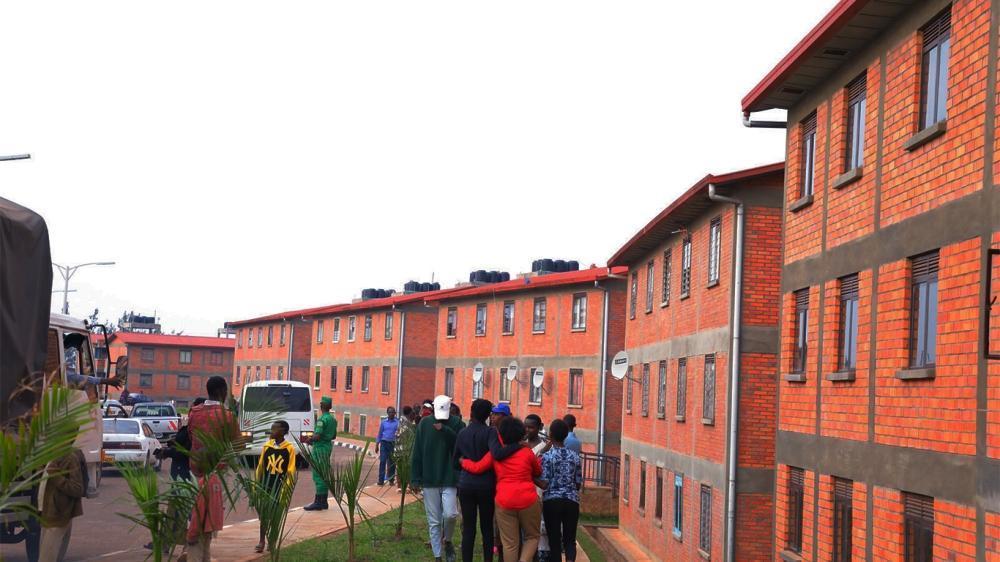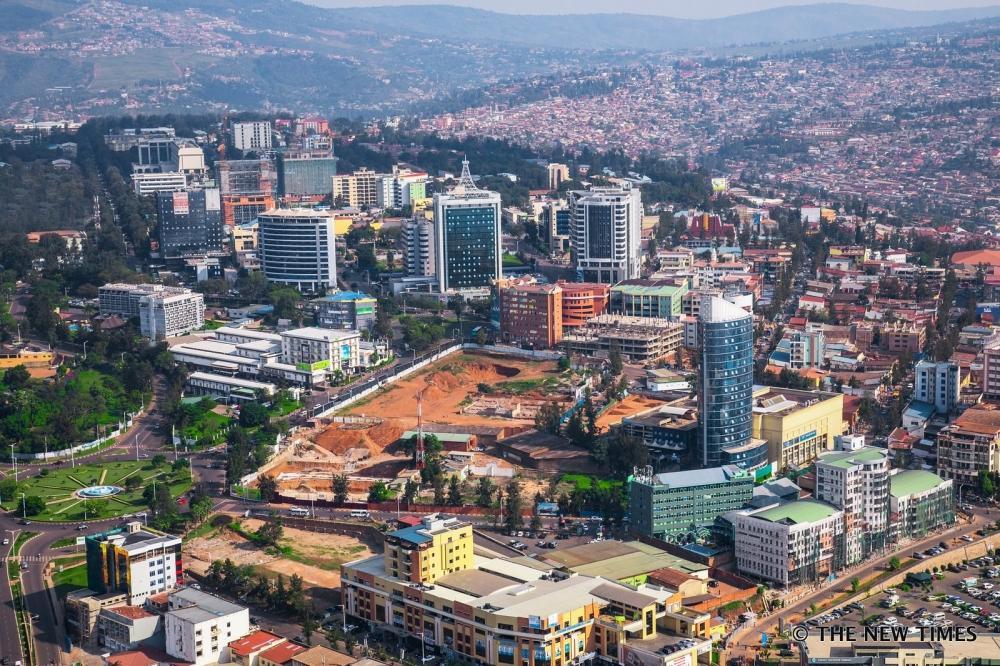Rwanda: A Jewel in the Heart of Africa
Related Articles: Rwanda: A Jewel in the Heart of Africa
Introduction
In this auspicious occasion, we are delighted to delve into the intriguing topic related to Rwanda: A Jewel in the Heart of Africa. Let’s weave interesting information and offer fresh perspectives to the readers.
Table of Content
Rwanda: A Jewel in the Heart of Africa

Nestled in the heart of East Africa, Rwanda is a landlocked nation known for its stunning natural beauty, vibrant culture, and remarkable resilience. Located in the Great Lakes region, Rwanda shares borders with four other countries: Uganda to the north, Tanzania to the east, Burundi to the south, and the Democratic Republic of Congo to the west.
Geographical Context and Significance
Rwanda’s geographical location is of immense significance, both geographically and historically. It sits on the eastern edge of the Albertine Rift Valley, a geological wonder characterized by dramatic volcanic mountains, lush forests, and crystal-clear lakes. This region, also known as the "African Galapagos," boasts unparalleled biodiversity, making Rwanda a biodiversity hotspot.
The country’s position within the East African Community (EAC) fosters regional integration and economic cooperation. This strategic location also positions Rwanda as a key transit hub for trade and commerce within the region.
Landforms and Topography
Rwanda’s landscape is characterized by rolling hills, volcanic mountains, and fertile valleys. The highest point in the country is Mount Karisimbi, an active volcano standing at 4,507 meters. The country’s topography plays a significant role in its climate, with higher elevations experiencing cooler temperatures than lower lying areas.
Climate and Weather
Rwanda enjoys a tropical climate with two distinct rainy seasons: a long rainy season from March to May and a short rainy season from September to November. The rest of the year experiences a dry season with moderate temperatures. The country’s diverse topography also influences local weather patterns, with higher altitudes experiencing cooler temperatures and higher rainfall.
Biodiversity and Environmental Importance
Rwanda is home to a remarkable array of biodiversity, with over 1,300 species of plants and 700 species of birds. The country’s national parks, including Volcanoes National Park, Akagera National Park, and Nyungwe Forest National Park, are renowned for their rich wildlife, including endangered mountain gorillas, chimpanzees, and elephants.
Culture and Heritage
Rwanda’s rich cultural heritage is evident in its traditional music, dance, and art forms. The country is known for its vibrant art scene, particularly in traditional crafts such as basket weaving, pottery, and woodcarving. Rwandan cuisine is diverse, featuring fresh ingredients and traditional recipes.
Economic Development and Future Prospects
Rwanda has witnessed remarkable economic growth in recent years, fueled by its commitment to good governance, investment in infrastructure, and focus on technology. The country has positioned itself as a regional hub for technology and innovation, with a burgeoning ICT sector. Rwanda’s commitment to sustainable development and environmental protection is also attracting international investment.
Tourism: A Key Economic Driver
Tourism is a significant contributor to Rwanda’s economy. The country’s stunning natural beauty, unique wildlife, and rich cultural heritage draw visitors from around the world. Rwanda is particularly known for its gorilla trekking experience in Volcanoes National Park, which offers a unique opportunity to encounter these endangered primates in their natural habitat.
Rwanda’s Journey of Resilience
Rwanda has overcome a challenging past, emerging as a beacon of hope and resilience. The country has made significant strides in promoting reconciliation, fostering national unity, and achieving sustainable development. Rwanda’s story is a testament to the power of human spirit and the potential for transformation.
FAQs about Rwanda’s Location
Q: What is the capital of Rwanda?
A: The capital of Rwanda is Kigali.
Q: Which countries border Rwanda?
A: Rwanda shares borders with Uganda to the north, Tanzania to the east, Burundi to the south, and the Democratic Republic of Congo to the west.
Q: What is the official language of Rwanda?
A: The official language of Rwanda is Kinyarwanda. English and French are also widely spoken.
Q: What are the main industries in Rwanda?
A: Rwanda’s economy is driven by agriculture, tourism, mining, and services.
Q: What are some of the popular tourist attractions in Rwanda?
A: Popular tourist attractions in Rwanda include Volcanoes National Park, Akagera National Park, Nyungwe Forest National Park, Lake Kivu, and Kigali Genocide Memorial.
Tips for Visiting Rwanda
- Obtain a visa before traveling to Rwanda.
- Pack light clothing for the tropical climate.
- Bring insect repellent, especially during the rainy season.
- Respect local customs and traditions.
- Learn a few basic Kinyarwanda phrases.
- Support local businesses and artisans.
Conclusion
Rwanda’s strategic location in the heart of East Africa, coupled with its stunning natural beauty, rich cultural heritage, and remarkable resilience, make it a destination worth exploring. As a country on the rise, Rwanda offers a unique opportunity to experience the beauty of Africa, witness its transformation, and be inspired by its story of resilience.








Closure
Thus, we hope this article has provided valuable insights into Rwanda: A Jewel in the Heart of Africa. We appreciate your attention to our article. See you in our next article!